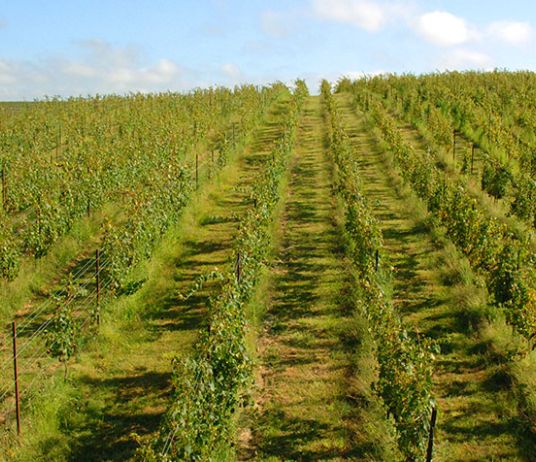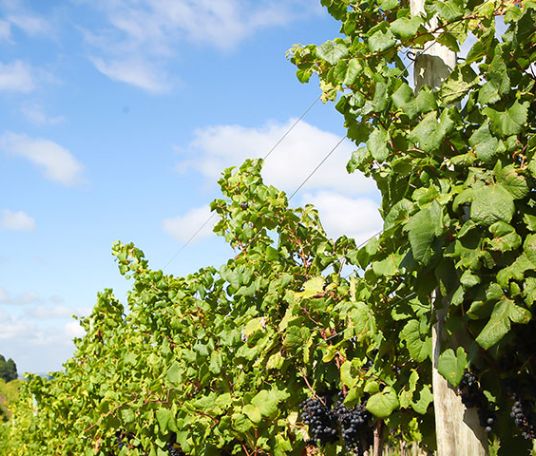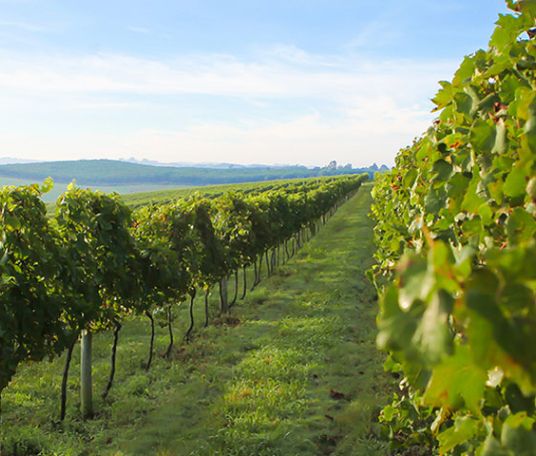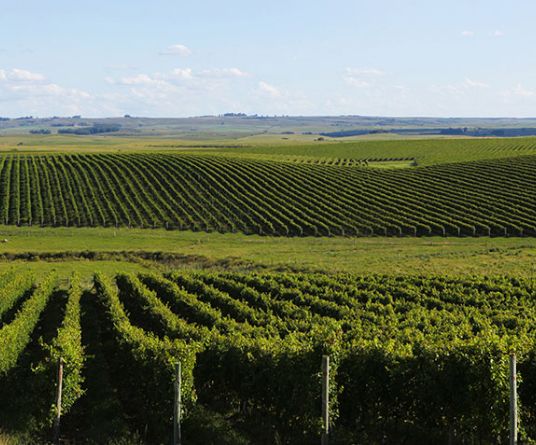On the same latitude as South Africa’s Cape and Western Australia, two of the most prestigious New World wine regions, Salton has always believed in the Brazilian potential to produce world class wines and is amongst the first to take them to the international stage.
Salton invests in agricultural research and management, in tune with the cultivation of excellent grapes. Exploring the benefits of different terroirs for its products, the winery works with the main producing regions of Rio Grande do Sul state.



